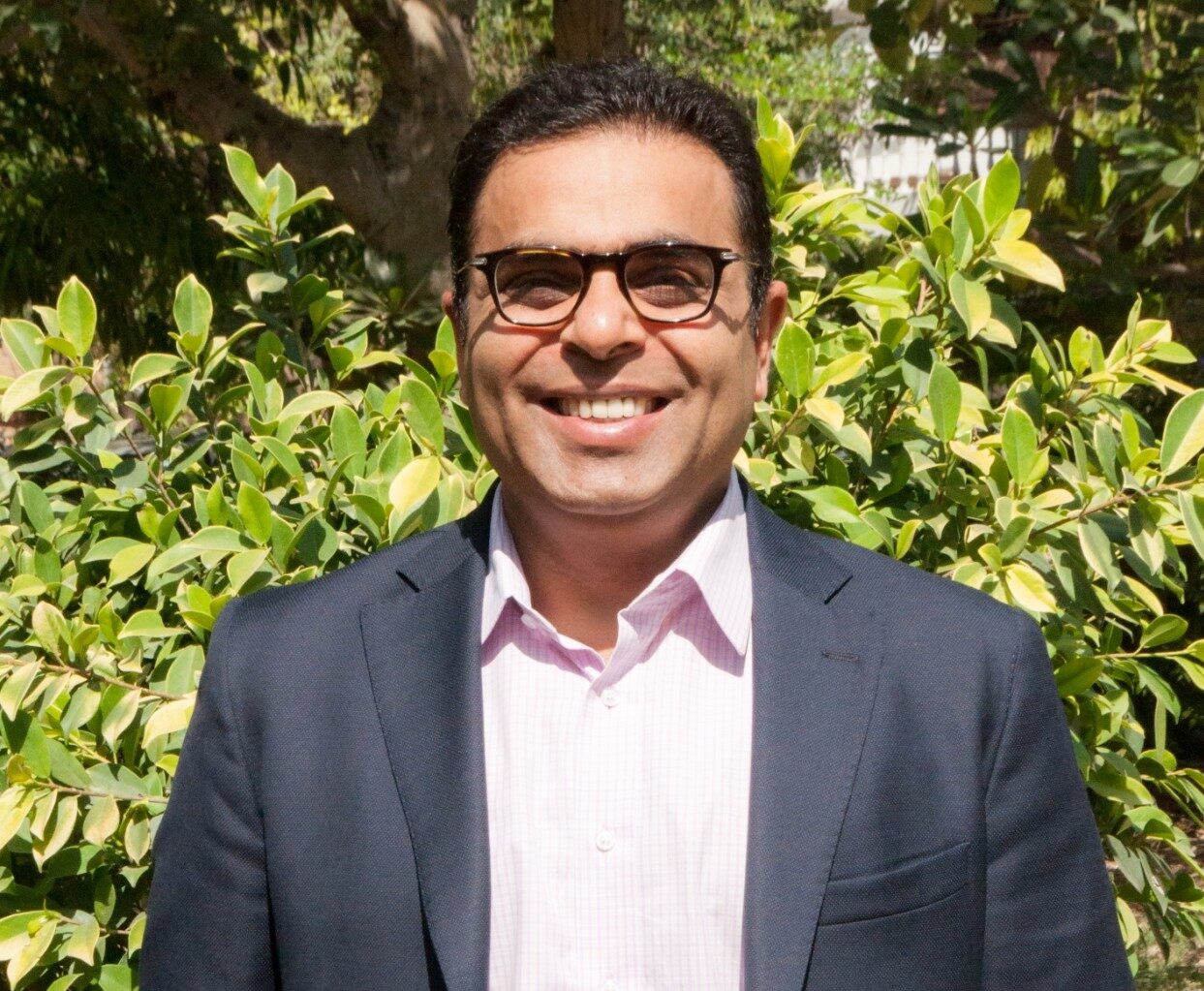BUSINESS
Manish Kheterpal: Pioneering Contrarian Bets in India’s Evolving Landscape

In the realm of Indian venture capital, Manish Kheterpal has emerged as a seasoned contrarian investor, navigating the evolving landscape with a keen eye for opportunities that others might overlook. Armed with a strong foundation from the prestigious IIT-Delhi and Stanford Graduate School of Business, Kheterpal’s journey spans a decade in global private equity and venture capital firms, including stints with Actis and Rho in the United States.
His return to India in 2005, just as the country was poised as the next big investment destination, marked the beginning of a contrarian approach that has become Kheterpal’s trademark. Joining Providence Equity Partners, he made a significant bet on Idea Cellular in 2006, not simply because it was a telecom giant, but because it had a substantial presence in Tier III and beyond—a foresight into the early days of what he terms “Bharat Rising.”
Fast forward to 2017, and Kheterpal, now at the helm of WaterBridge Ventures—an early-stage VC fund he founded in 2016—was about to make another unconventional move. In a meeting with Mohit Dubey, co-founder of Chalo, an intra-city bus mobility start-up, Kheterpal recognized the potential that many overlooked. While the market was fixated on giants like Ola and Uber, he saw the massive $20 billion opportunity in the bus mobility segment, an opportunity others had missed.
WaterBridge Ventures, under Kheterpal’s leadership, delved deeper into the heartland of India, making a series of investments in startups addressing the needs of rural India and smaller towns. What sets WaterBridge apart is its unique portfolio composition—half of its investments are strategically aimed at the vast potential of Bharat.
The portfolio includes CityMall, a social ecommerce platform in a $200 billion market; Bijnis, a B2B ecommerce start-up targeting a $30 billion market; Chalo, the leader in the $20 billion bus mobility segment; DoubtNut, an edtech startup tackling a $10 billion opportunity; OneCode, a social commerce platform eyeing a $7.5 billion market; and MedCords, a health tech platform aiming to capture a $5 billion business vertical.
While the investment figures may not be astronomical at ₹125 crore across six start-ups, WaterBridge Ventures stands out by recognizing the untapped potential in Bharat. Kheterpal’s philosophy revolves around identifying diamonds in the rough—ventures that may not be polished but hold immense promise.
One of the driving forces behind WaterBridge’s focus on Bharat is the deep penetration of the internet and smartphones in rural India. The region is poised to lead in internet adoption, with double-digit growth anticipated for the next few years. A report by Kantar IMRB reveals that between 2018 and 2020, rural internet users grew at a CAGR of 28 percent, outpacing urban India’s 7 percent growth. With over 622 million internet users in the country, rural users contribute 48 percent, surpassing 298 million.
The COVID-19 pandemic has further accelerated digital adoption, positioning smaller towns and villages as the torchbearers of India’s digital revolution. It is estimated that by 2028, the country will boast a billion digital users, with over 458 million falling under the ‘digital mainstream’ category—price-conscious users who embraced digital platforms post-2016.
Additionally, the rise of digital enthusiasts, numbering around 526 million, indicates a diverse and linguistically varied user base. This shift towards digital consumption sets the stage for Bharat to outshine India in the coming years.
WaterBridge’s strategic investments in Bharat-centric startups illustrate the untapped potential in smaller cities and rural areas. Chalo’s operations span 20 cities, with 45 percent located in Tier III, reflecting its commitment to reaching the heart of Bharat. CityMall, experiencing 30 to 40 percent monthly growth, and DoubtNut, witnessing a 10x revenue surge, showcase the flourishing opportunities in the hinterland.
Investor Ravi Kaushik notes Chalo’s resilience during the pandemic, catering to a lower-middle-class user base comprising factory workers and employees in small enterprises and state government offices. CityMall’s sales of staples, groceries, and essentials in Bharat have witnessed an upswing, and OneCode, providing alternative income through a parallel distribution network, has seen substantial growth amid economic challenges.
Anjali Sosale, partner at WaterBridge, emphasizes the success of entrepreneurs who grasp the unique nuances of Bharat users, offering the right pricing and products. DoubtNut’s journey is a testament to this understanding, with a user base of over 3.5 crore students in Tier III and IV towns, where the company has found success by addressing core problems and pain points.
In conclusion, the pathway to success in Bharat, according to Kheterpal, involves staying invested, maintaining a high-risk appetite, and making contrarian bets. Identifying opportunities beyond the obvious is the key to unlocking the vast potential that Bharat holds—a mantra that defines Manish Kheterpal’s distinctive approach in the world of venture capital.
